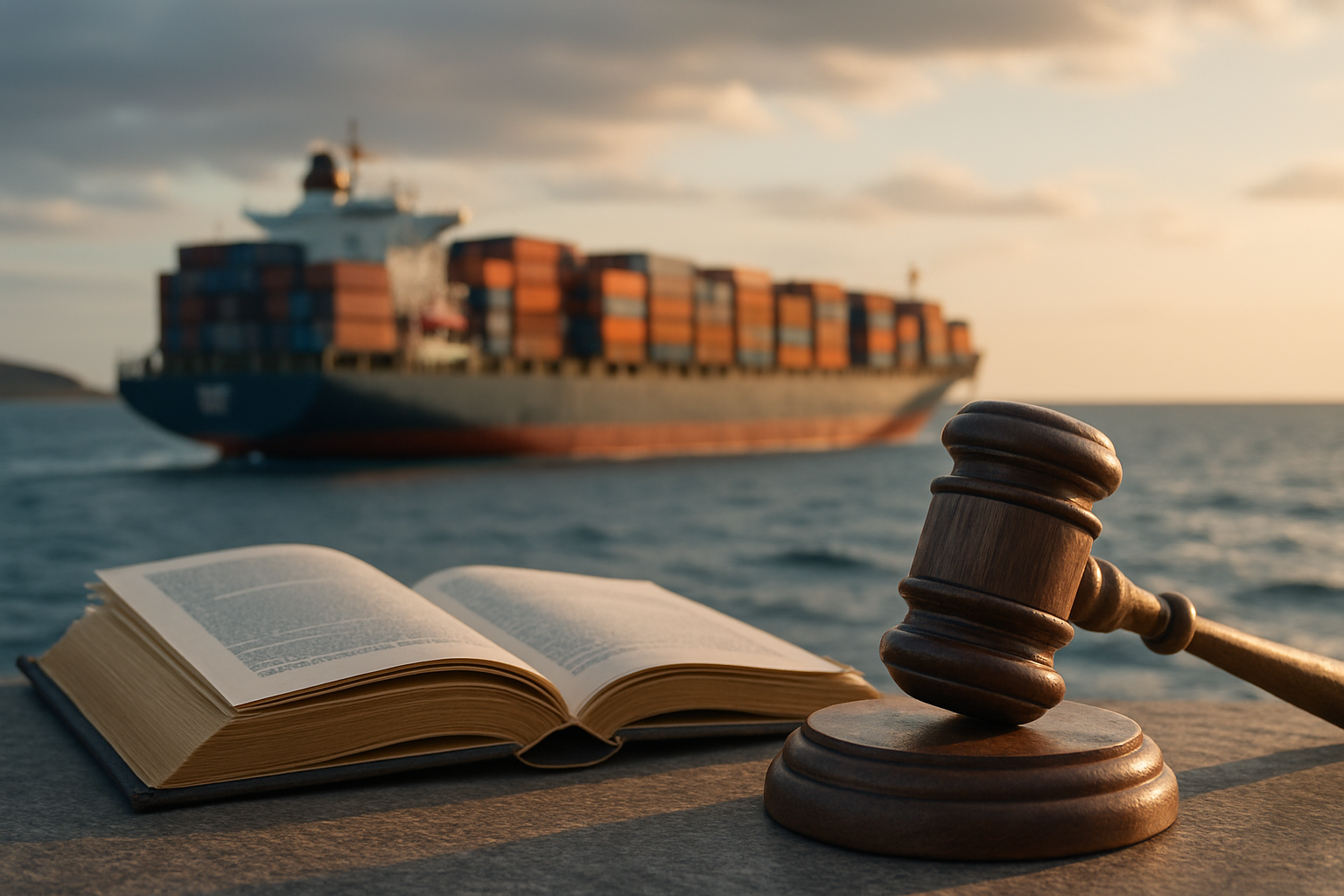The Intricacies of Maritime Law and Its Global Implications
Delve into the fascinating world of maritime law, an often overlooked but crucial aspect of legal practice, and explore its global implications in today's interconnected world. Maritime law, also known as admiralty law, dates back to ancient times when trade by sea was a dominant economic activity. The first known maritime code, the "Lex Rhodia," was developed in the Greek island of Rhodes around 800 BC. This legal framework, focused on matters such as cargo liability and salvage rights, served as a precursor to modern maritime law.

The Modern Maritime Law: Key Components and Developments
Modern maritime law covers a wide range of issues, from shipping and commerce to navigation, marine salvage, and even piracy. The United Nations Convention on the Law of the Sea (UNCLOS), adopted in 1982, is the primary international agreement governing these matters. Recent developments in maritime law include the introduction of laws addressing marine pollution and the legal status of Arctic shipping routes due to climate change.
Current Legal Updates: The Influence of Environmental Concerns on Maritime Law
One of the most significant trends in maritime law is the growing influence of environmental concerns. The International Maritime Organization (IMO) has introduced stringent regulations aimed at reducing the shipping industry’s environmental footprint. For instance, the IMO 2020 rule, which came into effect in January 2020, mandates a significant reduction in the sulfur content of ship fuel.
The Impact of Maritime Law: Case Study of the Ever Given Incident
The recent Ever Given incident, where a giant container ship blocked the Suez Canal for nearly a week, highlighted the practical implications of maritime law. The incident led to a complex legal battle involving multiple jurisdictions and raised questions about liability, insurance, and the law of salvage.
Maritime Law: An Essential but Often Overlooked Legal Field
Despite its importance in global trade and environmental regulation, maritime law remains a relatively overlooked field. It is a specialized area of law requiring a deep understanding of international regulations and conventions. It’s essential for governments to invest in building expertise in maritime law to effectively address the challenges and opportunities that arise in this field.
In conclusion, maritime law is a fascinating and complex field with far-reaching implications. Its impact extends beyond the confines of the seas, influencing global trade, environmental policy, and even geopolitical relations. As the world becomes increasingly interconnected, the importance of maritime law is only set to grow.






